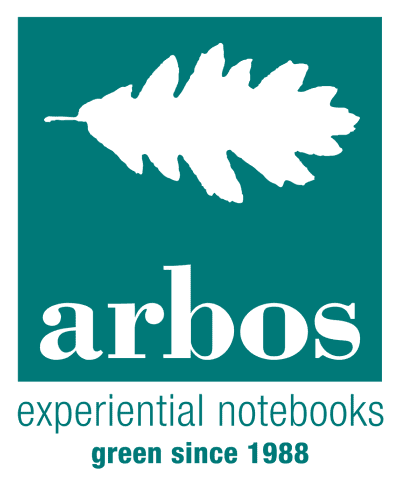 The continuous increase in experiential tourism gives cultural institutions and museums in particular, the aim of understanding how to fully seize the economic consequences of this trend.
The continuous increase in experiential tourism gives cultural institutions and museums in particular, the aim of understanding how to fully seize the economic consequences of this trend.
In addition to the traditional purpose of preservation of the objects, there are now goals of dissemination and promotion from a local marketing perspective.
In this context, the development of museum networks represents an element of great opportunity for the territories.
Museum networks stem from the awareness, especially of smaller museums, that unity creates unquestionable benefits both in terms of efficiency and effectiveness.
The increasingly scarce resources, in fact, make the management of cultural heritage increasingly complex, even more so in our country, so rich in cultural assets spread over the territory.
A collaboration between museums thus allows not only a more rational management of resources, but also improved legitimacy, visibility, and prestige even for smaller establishments.
Museum networks also integrate the cultural aspect with the territory; the conservation and enhancement of the cultural heritage relative to a specific geographical area can contribute to the socio-economic development of the territory itself.
Arbos has worked with some of these museum networks by creating collections of museum merchandise that have contributed on the one hand to the promotion of the network and on the other hand to become a source of income to be reinvested to create more and more products/services dedicated to tourism.
The latest by chronological order is the collection created for the Alba Museum Network: a series of recycled paper exercise books where the covers are graphic quotes that refer to artworks contained in the various museums of the network. The aim of allowing the visitors to take the memory of the visit with them is clear, but also that of creating the desire to visit all the museums of the network.



